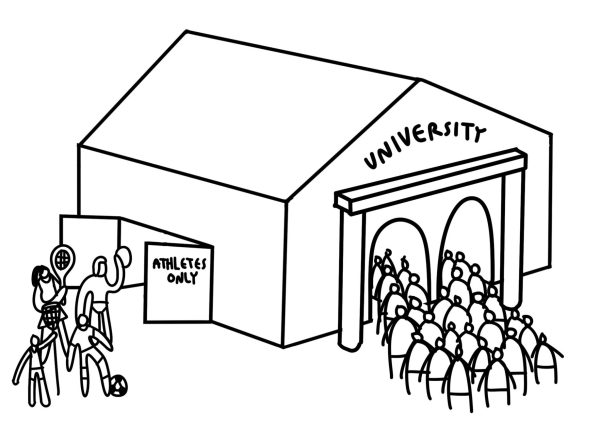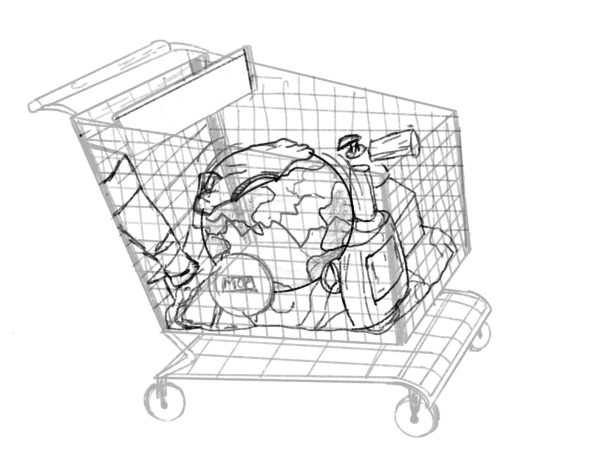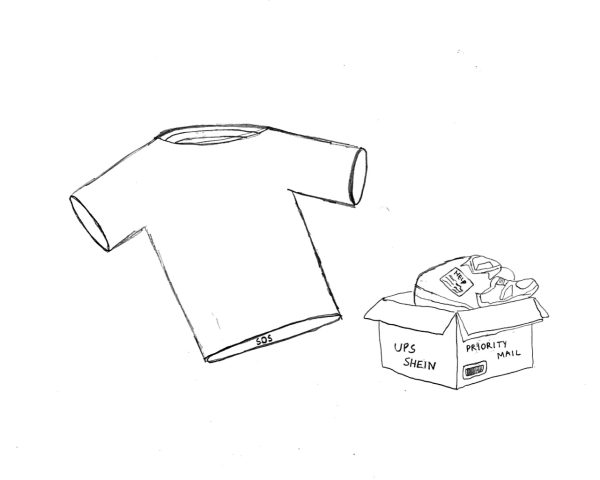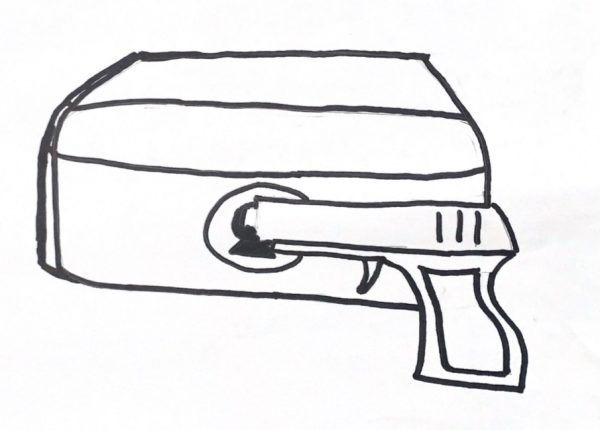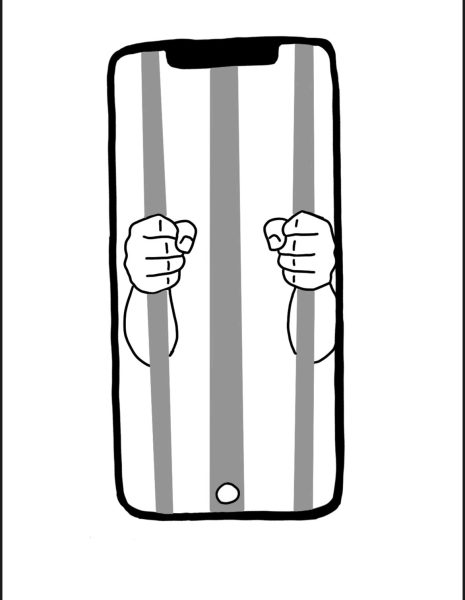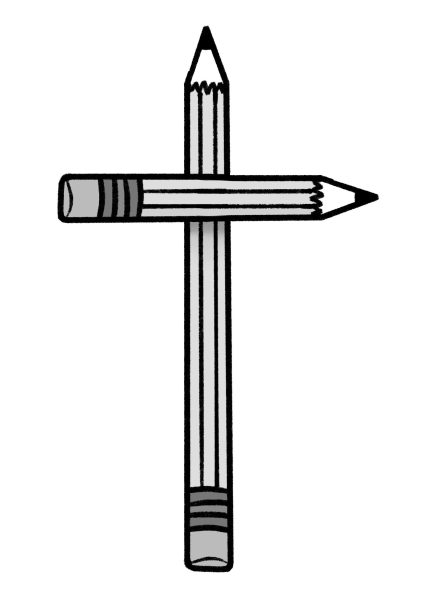Why police violence threatens equitable gun control
April 30, 2023
Gun control is often presented as a “fix-all” solution to gun violence. Many proponents of gun control hope that banning semi-automatic rifles or enforcing background checks will end gun violence completely. While gun control can limit gun violence, the police system that would enforce any gun control is steeped in a culture of violence and racism, and has deep ties to far-right organizations. Therefore, any gun control policies must be accompanied by a restructuring of our criminal justice system to ensure gun control policies don’t inadvertently worsen systemic inequalities.
The systemic inequality and culture of violence that is embedded in the current policing will adversely affect any enforcement of gun control. For example, according to the National Institute for Women and Policing, at least 40 percent of police officers are domestic abusers, demonstrating the culture of violence and brutality inherent in American policing. Additionally, according to the National Association for the Advancement of Colored People, a black person is five times more likely than a white person to be stopped by the police without just cause. Trusting the police – an institution thoroughly steeped in violence and racism – to carry out the important work of gun control is a terrible idea. If we pass gun control policies without any other systemic changes, poor communities will be further overpoliced while wealthy, white communities will retain their arms.
This inequality was apparent in the 2010s when Baltimore attempted to reduce the prevalence of guns. The Gun Trace Task Force (GTTF), an highly-trained police unit designed to enforce gun control, instead brutalized civilians, stole legally-owned guns from innocent people and sold the previously stolen guns to criminals. An investigation into the GTTF found that “officers could engage in corruption and misconduct with no consequences.” The problems in Baltimore’s policing run deeper than the GTTF, but the failures of the GTTF nevertheless demonstrate how gun control, in the wrong hands, can be used to oppress poor communities.
Enforcing gun control with our modern police system becomes even more impossible when one realizes the links between the police and fascist groups. Although there’s very little data detailing the specific number of police officers that hold extremist views, a recent FBI report stated that “domestic terrorism investigations focused on militia extremists, white-supremacist extremists, and sovereign-citizen extremists often have identified active links to law-enforcement officers.” This issue is very prevalent in California — white supremacist and Neo-Nazis police gangs such as the Compton Executioners and the Lynwood Vikings commit heinous murders in poor communities with little consequences. We cannot trust our current police system to fairly enforce gun control when openly white supremacist police gangs terrorize marginalized communities.

Severing the link between policing and far-right violence will require more than the half-hearted criminal justice reforms proposed by the Democratic Party. Since their beginnings as runaway slave patrols, American cops, modeled after the police that enforced the murderous British Empire, have protected and served the white supremacist, settler-colonial roots of the United States. These racist foundations of American society are ideologically similar to fascist groups like the Patriot Front, whose slogan “Not Stolen, Conquered” glorifies the genocide of Native Americans. Only completely destroying the white-supremacist capitalist system that characterizes modern America will move us to a place where we can successfully implement gun control and prevent gun violence.
Completely redesigning our criminal justice system and fighting far-right extremism may seem like a daunting task. And in some respects it is, but gun violence is so closely tied with other issues, such as the rise of fascism and police violence, that only a holistic solution can effectively end gun violence. The systemic societal change we so desperately need will never come from above. It will only happen if we, as the people affected by gun violence and police brutality, organize and use direct action to challenge the oppressive status quo. That’s why in addition to advocating for gun control, consider joining an organization aimed at achieving more accountability in our criminal justice system or becoming a member of an anti-fascist affinity group. Only then we can truly craft a safe America for all people, not just the ruling class.










